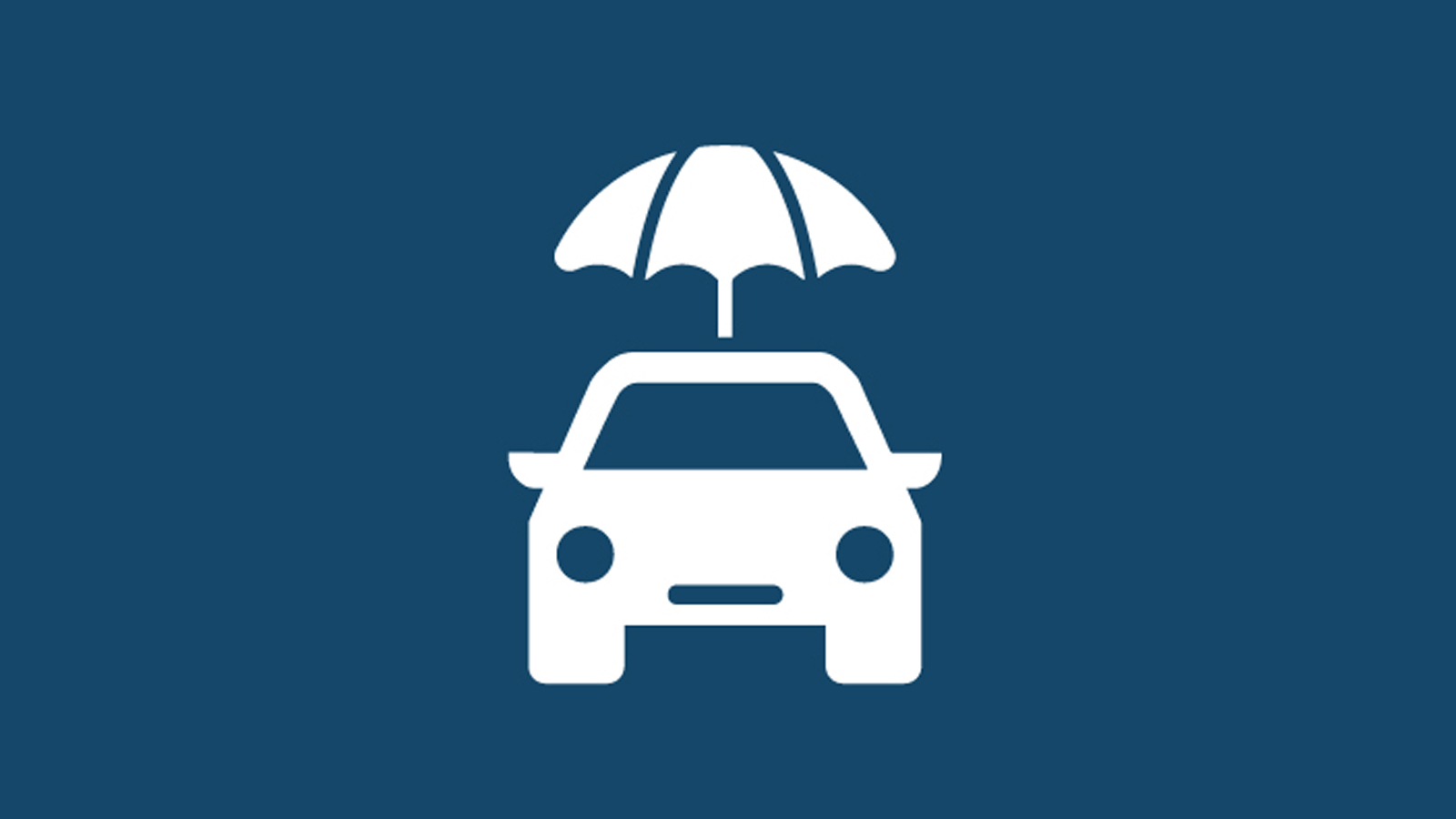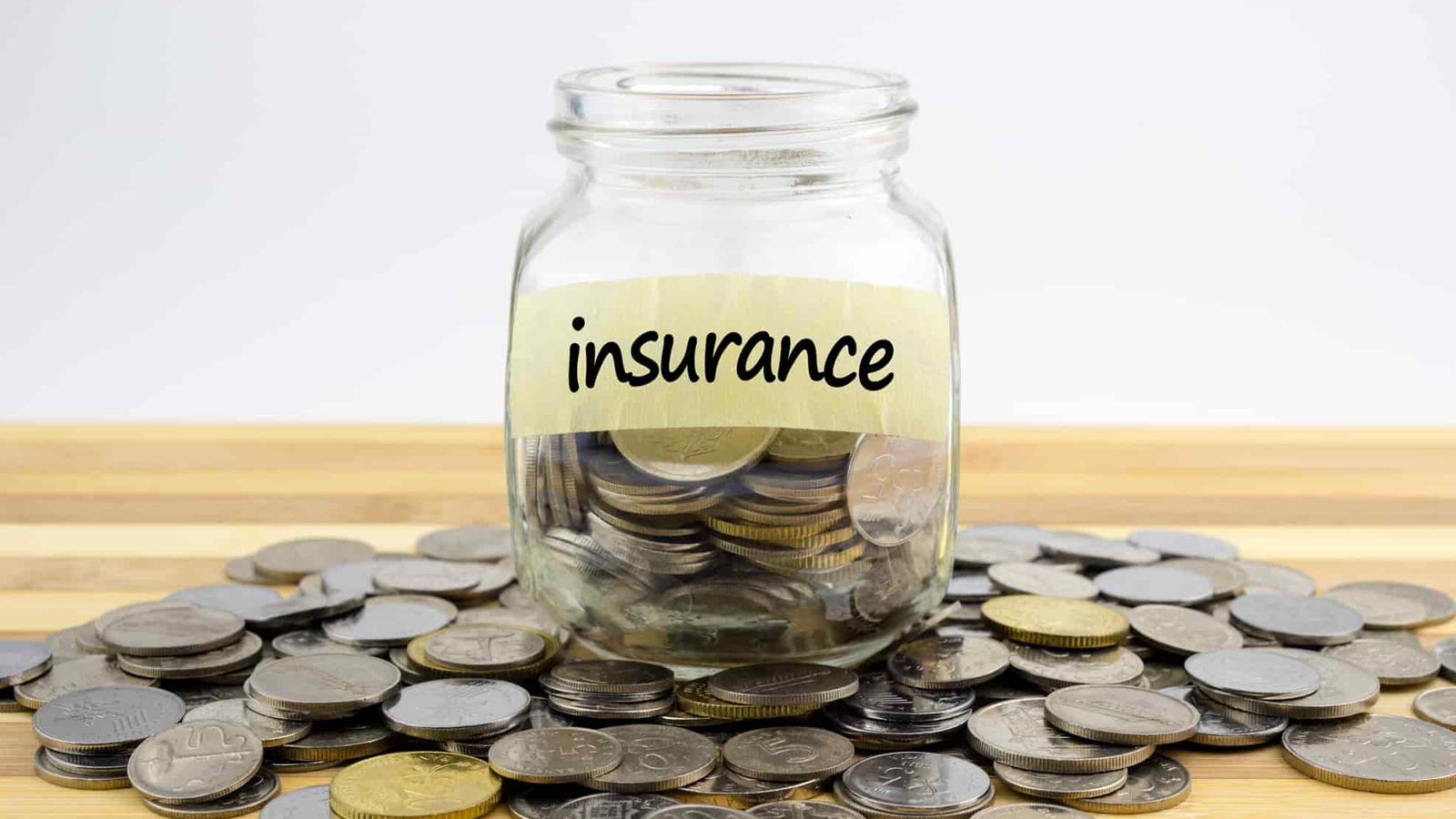Introduction to Homeowners Insurance
Homeownership is a dream for many, but with that dream comes responsibility. One of the most crucial aspects of owning a home is protecting it—and that’s where homeowners insurance steps in. This essential coverage safeguards your property and possessions against unforeseen disasters, from fire to theft. But before you dive into purchasing a policy, it’s vital to understand the ins and outs of homeowners insurance.
What does it cover? How are rates determined? And what common myths should you avoid? Whether you’re a first-time buyer or looking to review your current policy, this guide will equip you with valuable insights so you can make informed decisions about securing your home sweet home. Let’s demystify homeowners insurance together!
Understanding the Basics: Coverage and Policy Types
Homeowners insurance is designed to protect your investment. Understanding the different types of coverage can help you make informed decisions.
There are several policy types available, but most fall into one of three categories: HO-1, HO-2, and HO-3. The basic form (HO-1) offers limited coverage for specific perils. It’s rarely used today because it doesn’t provide comprehensive protection.
The broad form (HO-2) covers more risks but still has exclusions. This option is better suited for those wanting a balance between cost and coverage.
Most homeowners opt for the special form (HO-3). It provides extensive protection against various hazards while covering personal property on a named peril basis.
Additional coverages like personal liability or additional living expenses can enhance your policy further. Understanding these options ensures that you select the right plan tailored to your needs.
Factors Affecting Homeowners Insurance Rates
Several factors influence homeowners insurance rates. First, the location of your home plays a crucial role. Areas prone to natural disasters like floods or earthquakes typically have higher premiums.
Next, the age and condition of your house matter too. Older homes may require more maintenance and repairs, leading to increased costs for insurers.
Your credit score is another significant factor. A good credit rating can lower your premium since it suggests responsible financial behavior.
The coverage amount you choose also impacts rates. Higher limits mean higher premiums, so assess what you truly need.
Safety features in your home—like security systems or smoke detectors—can provide discounts on your insurance rate by lowering risk for insurers. Understanding these elements can help you find the best policy at an affordable price.
Tips for Choosing the Right Homeowners Insurance
When selecting homeowners insurance, start by assessing your coverage needs. Consider the value of your home and belongings. This helps determine how much protection you truly require.
Next, shop around. Get quotes from multiple insurers to compare prices and policies. Look for discounts that may apply to you—bundling with auto insurance is a common one.
Read the policy details carefully. Understand what’s included and what’s not. Pay attention to deductibles; higher deductibles can lower premiums but increase out-of-pocket costs during claims.
Customer service matters too. Research reviews about each insurer’s claim handling process before making a decision.
Consult an independent agent if you’re feeling overwhelmed. They can offer personalized advice tailored to your unique situation without any bias toward specific companies or products.
Common Misconceptions About Homeowners Insurance
Many people hold misconceptions about homeowners insurance that can lead to confusion and inadequate coverage. One common belief is that all natural disasters are covered. Unfortunately, this isn’t the case; floods and earthquakes often require separate policies.
Another myth is that your home’s replacement value equals its market value. The cost to rebuild may be higher than what you paid for the property due to rising material costs and labor rates.
Some assume they don’t need coverage if their home is paid off. However, risks remain regardless of mortgage status. Without insurance, a single disaster could lead to significant financial loss.
Many think that a standard policy covers personal items fully—this isn’t true either. High-value belongings like jewelry or art might need additional endorsements for adequate protection against theft or damage.
How to File a Claim and What to Expect
Filing a homeowners insurance claim can feel daunting, but understanding the process helps ease that stress. Start by documenting the damage thoroughly. Take clear photos and jot down notes about what happened.
Next, notify your insurance company as soon as possible. Most insurers have specific timelines for reporting claims, so acting quickly is crucial.
When you file the claim, be prepared to provide details like your policy number and a description of the events leading up to the damage or loss. This will help expedite processing.
Once you’ve submitted everything, an adjuster may contact you to assess the situation firsthand. They’ll evaluate the damages and determine coverage eligibility based on your policy’s terms.
Keep communication lines open with your insurer throughout this period. Regular updates can clarify any uncertainties regarding timelines or payments related to your claim process.
Conclusion
When it comes to homeowners insurance, understanding the nuances can make all the difference. It’s not merely a policy; it’s your safety net against unexpected events that could put your home and finances at risk. By grasping the basics of coverage types and factors influencing rates, you empower yourself to make informed decisions.
Choosing the right policy requires careful consideration of various elements unique to your situation. Don’t let common misconceptions cloud your judgment—get reliable information straight from trusted sources. And if you ever need to file a claim, knowing what to expect can ease some stress during challenging times.
With proper knowledge and preparation, you’re better equipped to protect one of your most significant investments: your home. Remember that homeowners insurance is about safeguarding not just property but also peace of mind for you and your loved ones. Take these insights with you as you navigate this crucial aspect of homeownership—it will serve you well in securing both protection and confidence in the future.



